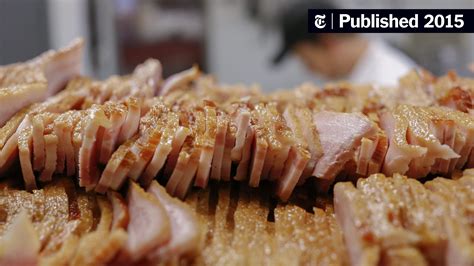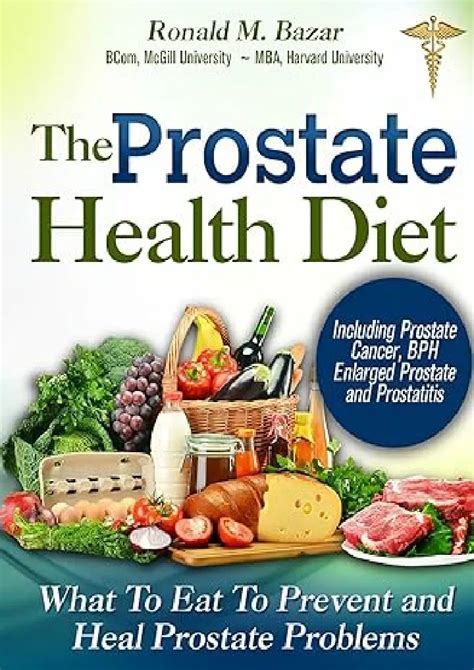What specific dietary changes can men make to optimize prostate health through nutrition?

For many men, maintaining prostate health becomes a growing concern with age. While genetics and other factors play a role, mounting evidence suggests that dietary choices are a powerful, modifiable tool in preventing and managing prostate conditions, including benign prostatic hyperplasia (BPH) and prostate cancer. By strategically adjusting what you eat, you can significantly contribute to the long-term well-being of your prostate gland.
Embrace Lycopene-Rich Foods
Lycopene, a potent antioxidant, is perhaps one of the most well-known dietary heroes for prostate health. Found abundantly in red and pink fruits and vegetables, lycopene helps reduce cell damage and may slow tumor growth. Interestingly, lycopene is more bioavailable (easier for the body to absorb) when cooked and combined with a small amount of fat.
- Tomatoes: Focus on cooked tomato products like sauces, paste, and juice. A small drizzle of olive oil can enhance absorption.
- Watermelon: A refreshing source, especially during warmer months.
- Pink Grapefruit & Papaya: Offer additional fruit-based lycopene.

Integrate Cruciferous Vegetables
Broccoli, cauliflower, kale, and Brussels sprouts are powerhouses for prostate health. These vegetables contain compounds like sulforaphane and indole-3-carbinol, which have been studied for their potential anti-cancer properties, including the ability to detoxify carcinogens and induce programmed cell death in cancer cells.
- Broccoli: Steam or lightly sauté to retain maximum nutrients.
- Kale & Spinach: Incorporate into salads, smoothies, or side dishes.
- Cabbage & Brussels Sprouts: Roasting can bring out their flavor and nutritional benefits.
Boost Omega-3 Fatty Acids
Omega-3 fatty acids are celebrated for their anti-inflammatory properties, which can be crucial for prostate health, as inflammation is often a precursor to various diseases. While research on direct prostate cancer prevention is ongoing, their overall health benefits are undeniable.
- Fatty Fish: Salmon, mackerel, sardines, and trout are excellent sources. Aim for at least two servings per week.
- Flaxseeds & Chia Seeds: Grind flaxseeds for better absorption; sprinkle both into oatmeal, yogurt, or smoothies.
- Walnuts: A convenient and healthy snack.

Choose Healthy Fats Over Unhealthy Ones
Not all fats are created equal. While omega-3s are beneficial, limiting saturated and trans fats is equally important. Opt for monounsaturated and polyunsaturated fats which are known to support overall cardiovascular health and may indirectly benefit prostate health.
- Olive Oil: Use as your primary cooking oil and in salad dressings.
- Avocados: A versatile source of healthy fats; add to salads, sandwiches, or make guacamole.
- Nuts & Seeds: Almonds, cashews, pecans, and pumpkin seeds offer healthy fats, fiber, and micronutrients like zinc, which is vital for prostate function.
Limit Red and Processed Meats
Numerous studies suggest a link between high consumption of red meat (especially well-done or charred) and processed meats (bacon, sausage, deli meats) and an increased risk of prostate cancer. These foods can contain carcinogens formed during high-temperature cooking and contribute to inflammation.
- Reduce Portions: If you consume red meat, do so in moderation and opt for leaner cuts.
- Alternative Proteins: Replace red meat with fish, poultry, beans, lentils, or plant-based protein sources like tofu and tempeh.

Be Mindful of Dairy and Sugary Drinks
While dairy products are a source of calcium, some research indicates a potential link between high dairy intake, especially high-fat dairy, and increased prostate cancer risk. More research is needed, but moderation is a sensible approach. Similarly, sugary drinks and highly processed foods contribute to inflammation and weight gain, both of which can negatively impact prostate health.
- Opt for Lower-Fat Dairy: If consuming dairy, choose skim or low-fat options in moderation.
- Plant-Based Alternatives: Explore almond, soy, or oat milk.
- Hydrate with Water: Replace sugary sodas and juices with plain water, which also aids overall bodily functions.

Consider Green Tea and Other Antioxidants
Green tea is rich in catechins, another class of powerful antioxidants that have been studied for their potential role in prostate cancer prevention. Other foods rich in antioxidants, such as berries, grapes, and dark chocolate (in moderation), also contribute to overall cellular health.
The Mediterranean Diet Approach
Many of these recommendations align with a Mediterranean-style diet, which emphasizes whole, unprocessed foods: plenty of fruits and vegetables, whole grains, legumes, nuts, seeds, olive oil, and fish, with moderate poultry and dairy, and limited red meat and sweets. Adopting such an eating pattern can provide comprehensive nutritional support for prostate health and overall well-being.
![19 Benefits of a Mediterranean Diet [50+ Studies Cited] - Medmunch](/images/aHR0cHM6Ly90czMubW0uYmluZy5uZXQvdGg/aWQ9T0lQLm5KVmxWR0xFSS1GZDBnbmxkS3ZFS2dIYUxHJnBpZD0xNS4x.webp)
Conclusion
Optimizing prostate health through nutrition is an ongoing journey that prioritizes whole, plant-rich foods and thoughtful consumption. By making conscious choices to increase your intake of lycopene, cruciferous vegetables, omega-3s, and healthy fats, while simultaneously reducing red and processed meats, high-fat dairy, and excessive sugars, you empower your body with the nutritional tools it needs to protect and maintain a healthy prostate. Always consult with a healthcare professional or a registered dietitian for personalized dietary advice, especially if you have existing health conditions or concerns.








